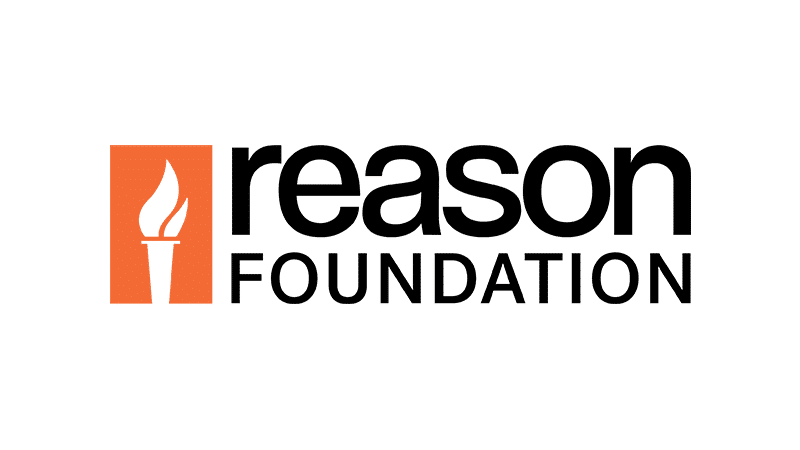-
Protect Ohio Homes
Reason Amicus Brief
-
California High-Speed Rail Findings at a Glance
Analyzing the impacts of the state's proposed train system
-
California Voters’ Guide 2012: Proposition 33
Among a daunting package of ballot questions, here is the free minds and free markets perspective on proposition 33.
-
California Voters’ Guide 2012: Proposition 37
Among a daunting package of ballot questions, here is the free minds and free markets perspective on proposition 37.
-
Reforming Connecticut’s Pre-Trial System
Replacing monetary bail with a system that uses effective alternatives based upon risk assessment.

